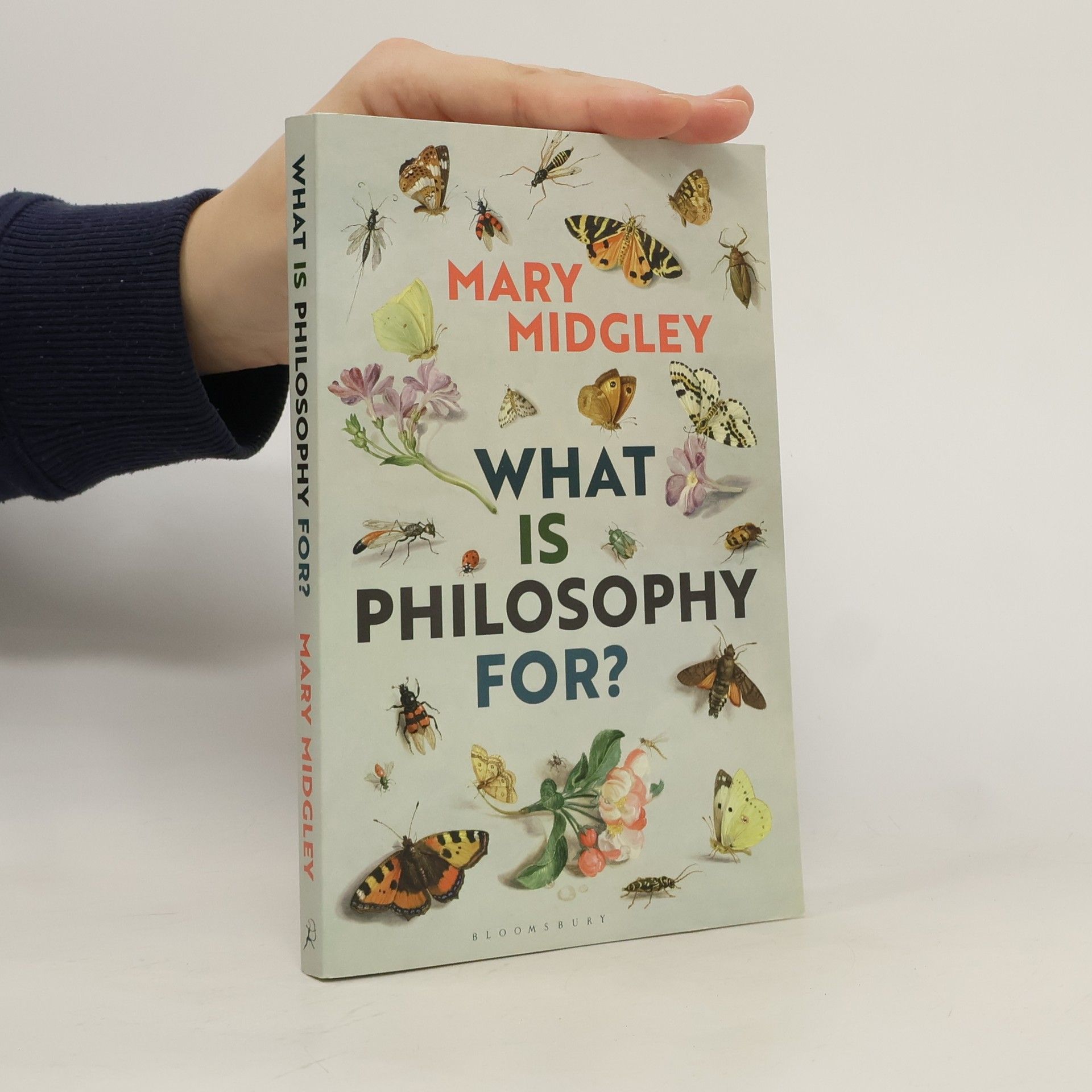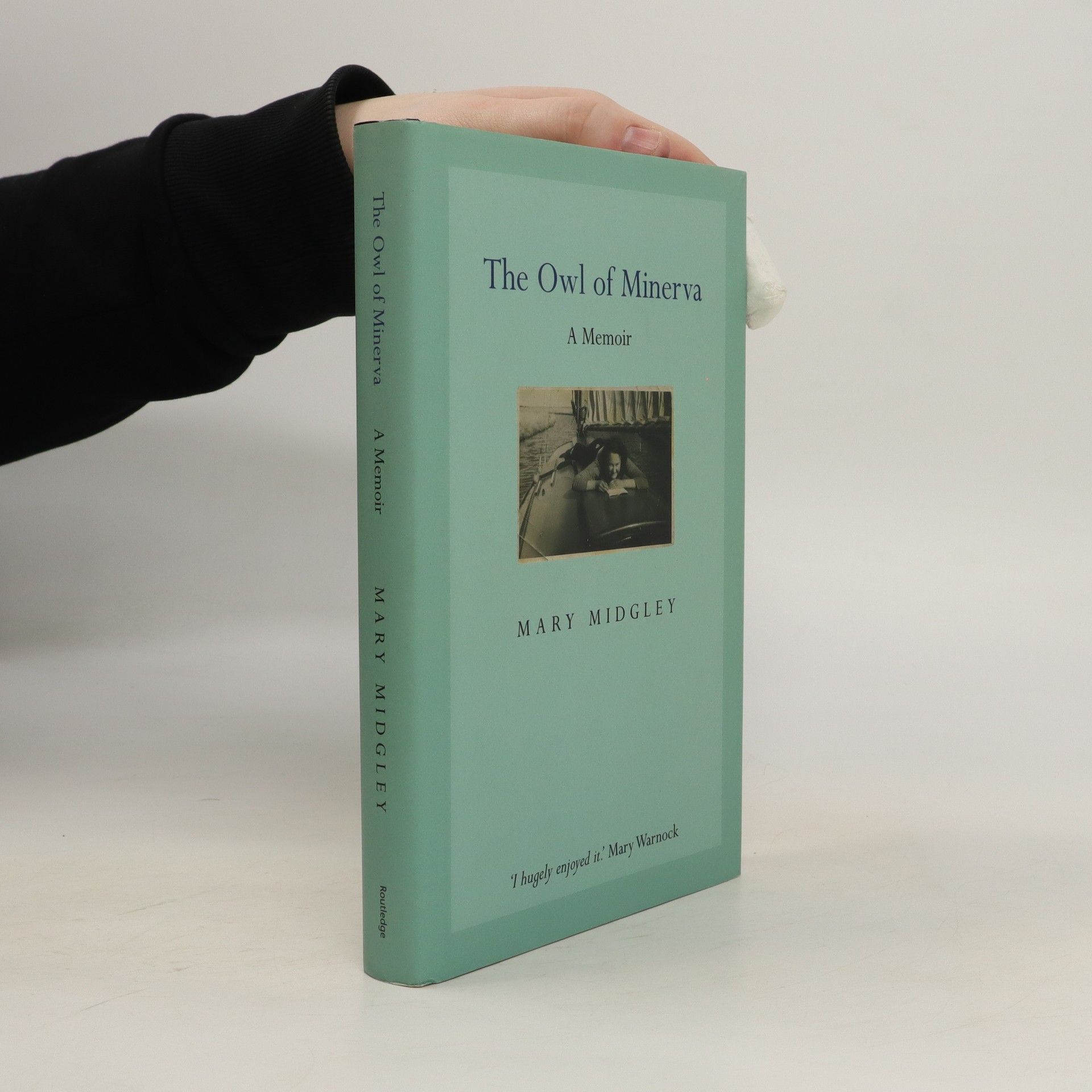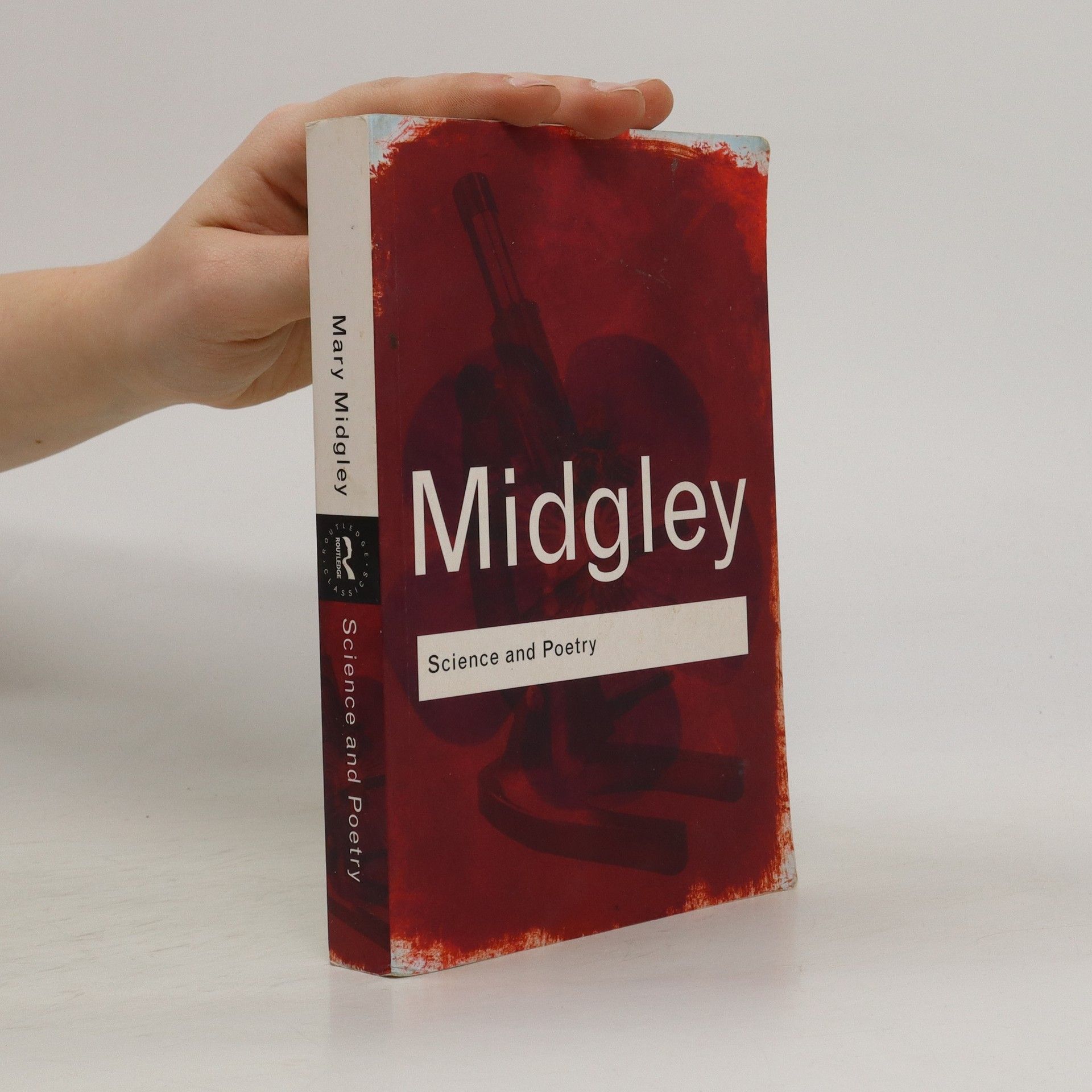Science, according to the received wisdom of the day, can in the end answer any question we choose to put to it - even the most fundamental questions about ourselves, our behaviour and our cultures. Many go as far as to claim that science is all we need to explain the world. But for Mary Midgley, science, while undeniably a key element in this quest, can never be the whole story as it cannot truly explain what it means to be human. She asserts her corrective view that without poetry (or literature, or music, or history, even theology) we cannot hope to understand our humanity. Reading this remarkable book, which draws equally on both the great artists and poets for its inspiration, the reader is struck by both the simplicity and power of her argument and the sheer pleasure to be gained from reading one of our most accessible philosophers.
Mary Midgley Boeken
Mary Midgley was een Brits filosofe, bekend om haar werk op het gebied van ethiek en dierenrechten. Ze was een uitgesproken tegenstander van reductionisme en scientisme, en betoogde dat de wetenschap de geesteswetenschappen niet adequaat kon vervangen. Haar denken verdiepte zich in wat we kunnen leren van de natuur, met name van dieren, thema's die haar uitgebreide geschriften doordrongen. Midgley onderzocht kritisch de filosofische grondslagen van de populaire wetenschap en werd geprezen als een scherpe criticus van wetenschappelijke pretenties.






In this major work, Mary Midgley, one of our foremost intellectuals tells us that humans are rather more like animals than we have previously allowed ourselves to believe.
Hursthouse's inquiry, "Is everything in the Bible true?" perhaps foreshadowed Mary Midgley’s philosophical journey. Few would have predicted that this curious, nature-loving child would evolve into one of the sharpest critical voices in the West. Set against the backdrop of Vienna before the Nazi invasion in 1938 and the celebratory dance in Trafalgar Square on VE Day seven years later, she studied philosophy at Oxford alongside Iris Murdoch, Elizabeth Anscombe, and Philippa Foot, forming lasting friendships. Midgley recounts, with vivid humor, their efforts to enliven the dry British philosophical scene of the 1950s, engaging in debates about character, beauty, and rudeness, all while the figure of Ludwig Wittgenstein loomed nearby. Joining the Reading philosophy department in 1949 for GBP400 a year, she effectively doubled its faculty. Her tenure at Newcastle University, where Mike Brearley also taught, ended with the department's closure in the 1980s. Balancing a professional career with family life in the 1950s and 1960s, Midgley’s path diverged from many contemporaries; she nearly became a novelist and only began writing philosophy in her fifties, illustrating the notion that Minerva's owl truly flies at dusk.
Challenging the reduction of human motivation to mere self-interest, this book delves into the complexity of our moral constitution. It critiques simplistic views like the 'selfish gene' concept from neo-Darwinian thought, arguing that while these perspectives can provide insights, they ultimately fail to capture the full spectrum of human motives. The exploration invites readers to reconsider the intricacies of human nature beyond one-dimensional interpretations.
The Myths We Live By is a powerful, clearly written book that shows us what goes wrong when we try to apply the metaphors of science to the problems of our lives. Essential reading for anyone concerned about how to understand the world today. schovat popis
What Is Philosophy for?
- 232bladzijden
- 9 uur lezen
"Why should anybody take an interest in philosophy? Is it just another detailed study like metallurgy? Or is it similar to history, literature and even religion: a study meant to do some personal good and influence our lives? Mary Midgley addresses these provocative questions in her most up-to-date statement on the various forms of our current intellectual anxieties and confusions and how we might deal with them. In doing so, she provides a robust, yet not uncritical, defence of philosophy and the life of the mind. This defence is expertly placed in the context of contemporary debates about science, religion, and philosophy. It asks whether, in light of rampant scientific and technological developments, we still need philosophy to help us think about the big questions of meaning, knowledge, and value"--Page 4 of cover
A salutary analysis of science's claim to have done away with the self and a characteristic injection of common sense from one of our most respected philosophers into a debate increasingly in need of it. This Routledge Classics edition includes a new Foreword by Stephen Cave.